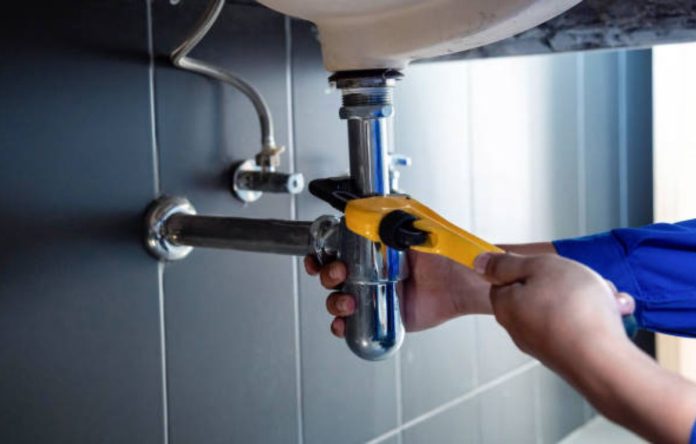Thinking about starting a plumbing business? Good on ya! Plumbing is a trade that’s always in demand, and with the right planning and preparation, you can build a successful and rewarding business. Here’s a guide to get you started.
1. Get Your Licenses and Certifications
First things first, you need to be properly licensed to work as a plumber. This usually means becoming a licensed journeyman or master plumber. Requirements vary by state, so check with your local licensing board to see what’s needed. Additionally, you’ll need business permits and potentially other certifications depending on your services.
2. Set Up Your Business Legally
Decide on the legal structure of your business. Many plumbing businesses start as a Limited Liability Company (LLC) because it offers liability protection without too much complexity. You’ll also need an Employer Identification Number (EIN) from the IRS for tax purposes.
3. Create a Business Plan
A solid business plan is essential. It should include your business goals, market research, financial projections, and marketing strategies. This document will guide your operations and help secure financing if needed. Identify your target market—whether it’s residential clients, commercial projects, or a mix of both.
4. Get the Right Insurance
Plumbing involves significant risks, so insurance is crucial. General liability insurance, workers’ compensation, and professional liability insurance are the basics you’ll need to cover potential accidents, injuries, and damages. Insurers wrap these up in a package sometimes known as Plumbers Business Insurance, this can also include commercial vehicle insurance and tool insurance.
5. Invest in Quality Tools and Equipment
Quality tools are essential for efficient and safe plumbing work. While some tools may be expensive and you may be able to purchase them second hand, always do your due diligence and make sure they have a complete service history. Some other basic tools include pipe wrenches, soldering torches, pipe cutters, and a sturdy van or truck to transport your tools and gear.
6. Develop a Marketing Strategy
To attract clients, you’ll need an effective marketing strategy. This includes creating a website that stands out and tells the world what you do, leveraging social media, and using local SEO to appear in searches like “plumber near me.” Referral programs and partnerships with local businesses can also help bring in new clients.
Why Plumbing is a Great Industry
Plumbing is a trade that offers job security and a steady demand for services. Homeowners and businesses alike need plumbing services, from simple repairs to major installations. The Bureau of Labor Statistics projects a 16% job growth rate for plumbers, which is much faster than average. Plus, working in plumbing allows you to use both technical skills and problem-solving abilities, making it a rewarding career for those who enjoy hands-on work.
Precautions to Take
Working as a plumber can be demanding, requiring flexibility for emergency calls and the ability to work in various conditions. Ensure you have proper safety training and equipment to handle potential hazards. Keeping up with industry regulations and continuous learning will help you stay ahead in this field.
Starting a plumbing business involves careful planning and adherence to regulations, but with the right approach, it can be a highly rewarding venture. Equip yourself with the necessary skills, tools, and strategies, and you’ll be well on your way to building a successful plumbing business.









